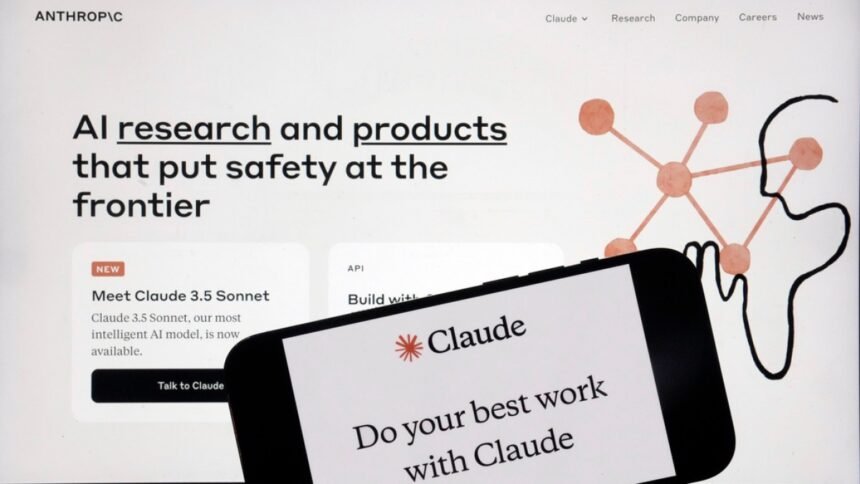Ruling sides towards authors who alleged that Anthropic educated an AI mannequin utilizing their work with out consent.
A United States federal choose has dominated that the corporate Anthropic made “truthful use” of the books it utilised to coach synthetic intelligence (AI) instruments with out the permission of the authors.
The beneficial ruling comes at a time when the impacts of AI are being mentioned by regulators and policymakers, and the trade is utilizing its political affect to push for a unfastened regulatory framework.
“Like all reader aspiring to be a author, Anthropic’s LLMs [large language models] educated upon works to not race forward and replicate or supplant them — however to show a tough nook and create one thing totally different,” US District Choose William Alsup mentioned.
A bunch of authors had filed a class-action lawsuit alleging that Anthropic’s use of their work to coach its chatbot, Claude, with out their consent was unlawful.
However Alsup mentioned that the AI system had not violated the safeguards in US copyright legal guidelines, that are designed for “enabling creativity and fostering scientific progress”.
He accepted Anthropic’s declare that the AI’s output was “exceedingly transformative” and due to this fact fell underneath the “truthful use” protections.
Alsup, nevertheless, did rule that Anthropic’s copying and storage of seven million pirated books in a “central library” infringed writer copyrights and didn’t represent truthful use.
The truthful use doctrine, which permits restricted use of copyrighted supplies for artistic functions, has been employed by tech corporations as they create generative AI. Expertise developpers usually sweeps up giant swaths of present materials to coach their AI fashions.
Nonetheless, fierce debate continues over whether or not AI will facilitate higher inventive creativity or permit the mass-production of low cost imitations that render artists out of date to the advantage of giant corporations.
The writers who introduced the lawsuit — Andrea Bartz, Charles Graeber and Kirk Wallace Johnson — alleged that Anthropic’s practices amounted to “large-scale theft”, and that the corporate had sought to “revenue from strip-mining the human expression and ingenuity behind every a kind of works”.
Whereas Tuesday’s resolution was thought of a victory for AI developpers, Alsup nonetheless dominated that Anthropic should nonetheless go to trial in December over the alleged theft of pirated works.
The choose wrote that the corporate had “no entitlement to make use of pirated copies for its central library”.
